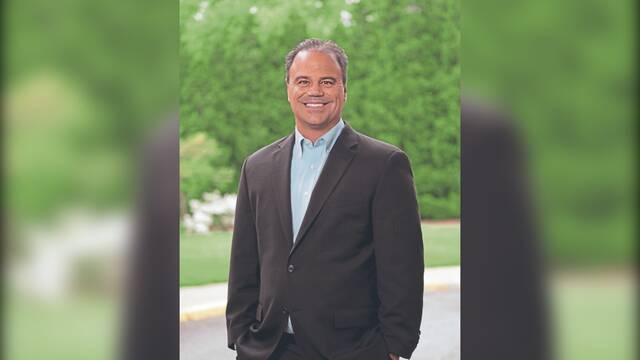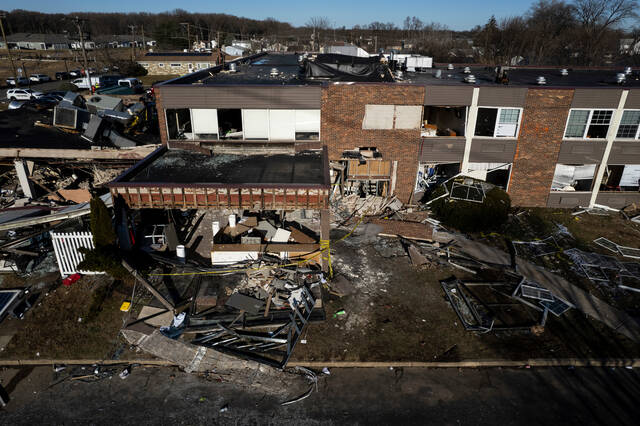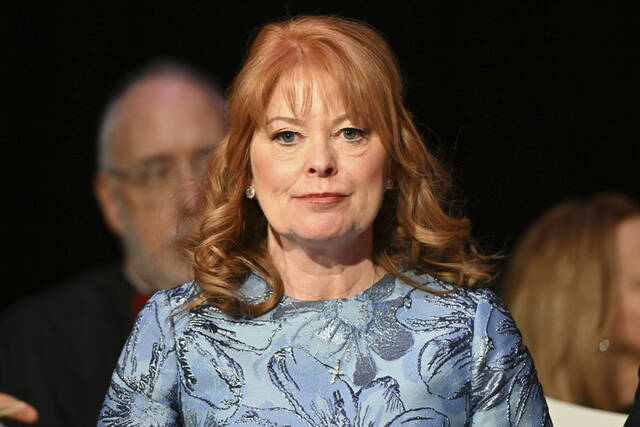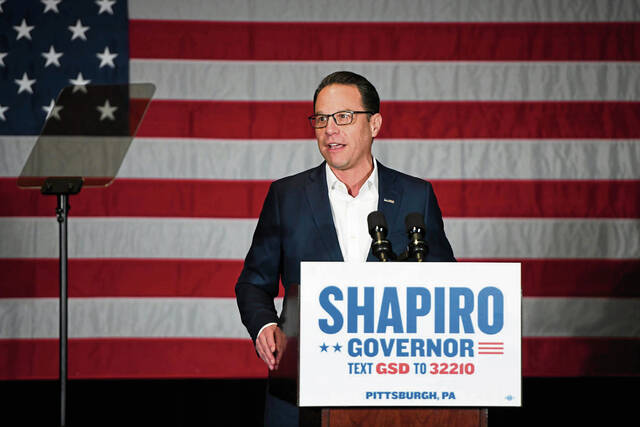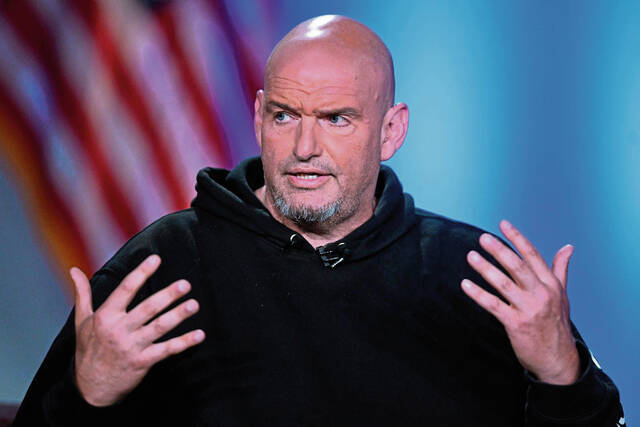Gov. Tom Wolf’s 2021 legislative agenda will focus heavily on rebuilding Pennsylvania’s economy from damage caused by the covid-19 pandemic, including targeted investments to businesses, schools and other infrastructure.
“I think we need to talk about the barriers our fellow citizens face,” Wolf said. “It’s time to make plans to lower those barriers and to make life better for everybody in Pennsylvania.”
Wolf unveiled his agenda on Thursday, ahead of his preliminary budget proposal scheduled for next week. The budget proposal, normally delivered in person to the General Assembly, will be prerecorded and posted online on Tuesday, Feb. 2.
His plans include an immediate $145 million appropriation from the Workers Compensation Security Fund to businesses harmed by the shutdown. In addition, he wants to invest heavily in workforce development programs that address inequities and focus on well-paying jobs.
He’s also proposing a minimum wage increase to $12 an hour by July, with a path to $15 by 2027. Raising the wage floor, he said, would not only improve the living situation for workers, but reduce training and turnover costs for businesses.
Wolf said he hopes to build on existing bipartisan progress, citing successful legislative efforts in pension reform, criminal justice reform and the legalization of medical marijuana. Moving forward, Wolf said he’d like to see further strides made in criminal justice reform, fixing the “broken” bail system, expanding the Clean Slate Law, offering more funding for legal defense, among other measures.
“In every area there’s going to be disagreement. That’s the heart of democracy,” Wolf said. “The goal is … to figure out where we can come together.”
He spoke of decriminalizing cannabis for adult use, a prospect that the majority of Pennsylvania residents support, polls show. Wolf and Lt. Gov. John Fetterman have often advocated for recreational cannabis as a potential revenue source for the commonwealth.
Wolf called on the legislature to move further on bipartisan election reform as well, to allow pre-canvassing of mail-in ballots and to “reduce the window for misinformation.” He called for same-day voter registration and stronger voter intimidation restrictions.
Wolf said another goal for the year was to increase government transparency and change the “culture” in Harrisburg. He proposed banning permanent gifts and new campaign finance laws that limit spending in the political process, as well as limiting the influence of special interest forces. He suggested a new requirement that lawmakers submit receipts for taxpayer-funded expenses, something that is not currently in place.
“The relationships between legislators, lobbyists and political consultants in Pennsylvania have always been hazy and really confusing,” he said. “It is past time that we put in place meaningful restrictions.”
When it comes to spending, Wolf said he was confident that with aid from the federal government and plans for a severance tax on gas and oil extraction, the commonwealth would bring in enough revenue to pursue its legislative goals. He said he’s working closely with the Biden administration to increase funding for broadband expansion, blight remedies, bridge and road upgrades and other needs of the state.
Wolf has had little success passing a severance tax in years past, with mainly Republican lawmakers opposing the move because of the burden it places on those energy industries. He first introduced Restore Pennsylvania in 2019, to be funded through a tax, though it has not made progress in the state legislature. On Thursday, he further endorsed the plan as a way to address infrastructure needs, alleviate pollution and provide aid during natural disasters, but was again met with resistance.
House Democrats in the southwestern part of the state, where oil and gas drilling is prominent, said while Pennsylvania residents need relief, the tax would be “misguided.”
“Targeting a single industry with another layer of taxes – our oil and gas industry that employs tens of thousands of Pennsylvanians – is a nonstarter,” Rep. Pam Snyder, D-Greene/Fayette/Washington, said in a statement on behalf of several Democratic lawmakers in the region. “This industry was deemed an essential industry by Gov. Wolf last year, has produced the materials to manufacture the PPE (personal protective equipment) that allowed us to respond to the pandemic, and is now producing the byproducts that are fueling the manufacturing, storage and distribution of the vaccine to Pennsylvanians. This is not just a tax on the oil and gas industry, it would be a tax on our pandemic recovery.”
David Spigelmyer, president of the Marcellus Shale Coalition, released a statement to say that an increased tax on natural gas would put more Pennsylvanians out of work, as well as increase energy bills for families and small businesses. Spigelmyer and others predicted the tax would harm the commonwealth’s economic recovery.
“If the goal is to tax the very product that is helping combat this pandemic, put more Pennsylvanians out of work, burden consumers with higher energy costs, add more layers of taxpayer debt and to deepen our foreign energy reliance, then Gov. Wolf’s plan is the right one,” Spigelmyer said.



